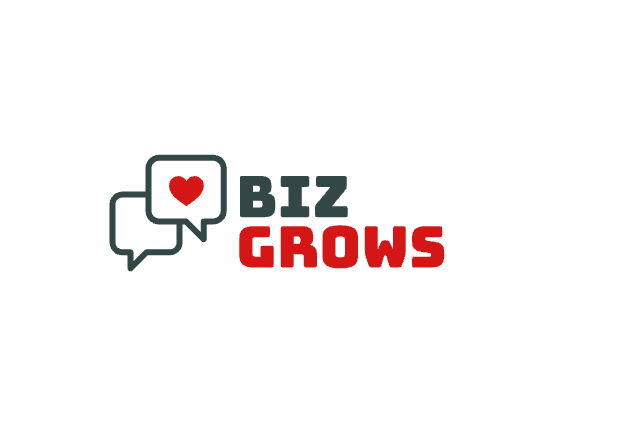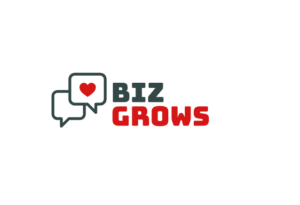Customer relationship management (CRM) systems are integral to helping you organize your customer base and generate new leads. However, not all of these systems are a good fit for every company, as some need a more personal CRM while other businesses require more complex programs. If you’re looking to adopt or improve a CRM system, understanding how they work will help you choose one that worlds best with your organization.
CRM Essentials
Customers can tell when a company is dealing with them on a purely superficial level. A CRM helps you avoid that by organizing your customer data to make it work for you. Each type deals with this information in different ways, handling specific business issues and streamlining integral processes that will help you identify problems and create solutions with more confidence than before.
Systems can be grouped into four essential types: Collaborative, Operational, Analytical, and Personal CRM. Not only do they serve different functions, but there are also different levels of complexity. A small business with hundreds of customers may do well with a standard system, but larger corporations with hundreds of thousands of clients may be interested in an enterprise CRM to fulfill their Byzantine needs.
Collaborative CRM
Also known as Strategic SRM, these types allow your teams to work together by centralizing data into an easily-accessible system. Because data is visible across the company, departmental interrelationships can operate much more smoothly. Collaborative CRMs consist of two main parts. Interaction management focuses on the communications between businesses and clients including emails, phone conversations, and social media. Channel management uses data from those interactions to how best to communicate with each customer.
Personal CRM
Though not a true distinction, these types of systems are aggregate tools designed to help a business or individual get a better handle on their social and commercial circles. By aggregating information from a number of sources, a Personal CRM creates functional links that allow you to make plans, schedule meetings, and follow contacts in real-time.
Analytical CRM
Data has become the cornerstone of marketing, and analytical CRM systems are designed to make all of that social media and contact information work hard for you. These programs analyze aggregated customer data, looking for patterns and trends that will help every aspect of your business. With this information, marketing strategies can be adjusted based on customer spending trends or customer service can be improved based on social media feedback.
Operational CRM
The days of the Rolodex are long gone. People make mistakes, forget crucial information, and lose key data. An operational CRM streamlines business by taking on those menial tasks, automating and organizing customer data so it’s easy to access and manipulate. Businesses can simplify customer interactions by letting their employees focus on their clients instead of wasting time on data management.
Choosing the Right System
When it’s time to figure out how to integrate CRM into your business, you want to make sure you’ve picked one that will facilitate customer service, not hinder it.A personal CRM won’t do much for a business that needs to cross-reference customer data with its marketing strategy. Since most businesses rely on more than one type, you can create synergy with the systems you select.
Consider Collaborative
Businesses that have multiple locations or specialize in remote work would do well with a system that shares customers with several different teams. It’s also a great fit if most of the customer interaction occurs online. Companies hesitant to spread their clients’ information over the entire organization may want to stay away from this type.
Ponder Personal
This is a great CRM option for organizations or individuals that are less concerned with the business aspect of typical CRMs. A Parent/Teacher association could use it to stay informed about its members and school events. Beauticians with a more socially-based clientele would have an easy time keeping up with their customers and interacting with them on a more individual level.
Mull Over Operational
Most businesses will benefit from operational CRM, simply because it helps to streamline so much of the busywork found in many offices. A company with a linear sales flow and a lot of repetition would get a lot of use out of this type.
Assess Analytical
Getting insights into customer habits and trends is a valuable resource that any business would profit from. Companies that use subscriptions or membership-based marketing models would see a lot of benefits by mining client accounts for information. While these systems tend to be more costly thanks to their complex programming, most companies find the results far outweigh the costs.
Equipped for Success
Your business needs the right tools to connect with its customers. The ability to manage data and learn what drives your clients is essential to providing the best customer service. CRM technology is a powerful asset to helping boost customer loyalty, but businesses shouldn’t forget that it is only a tool, one that helps create personal connections that take customer relationships to the next level.


